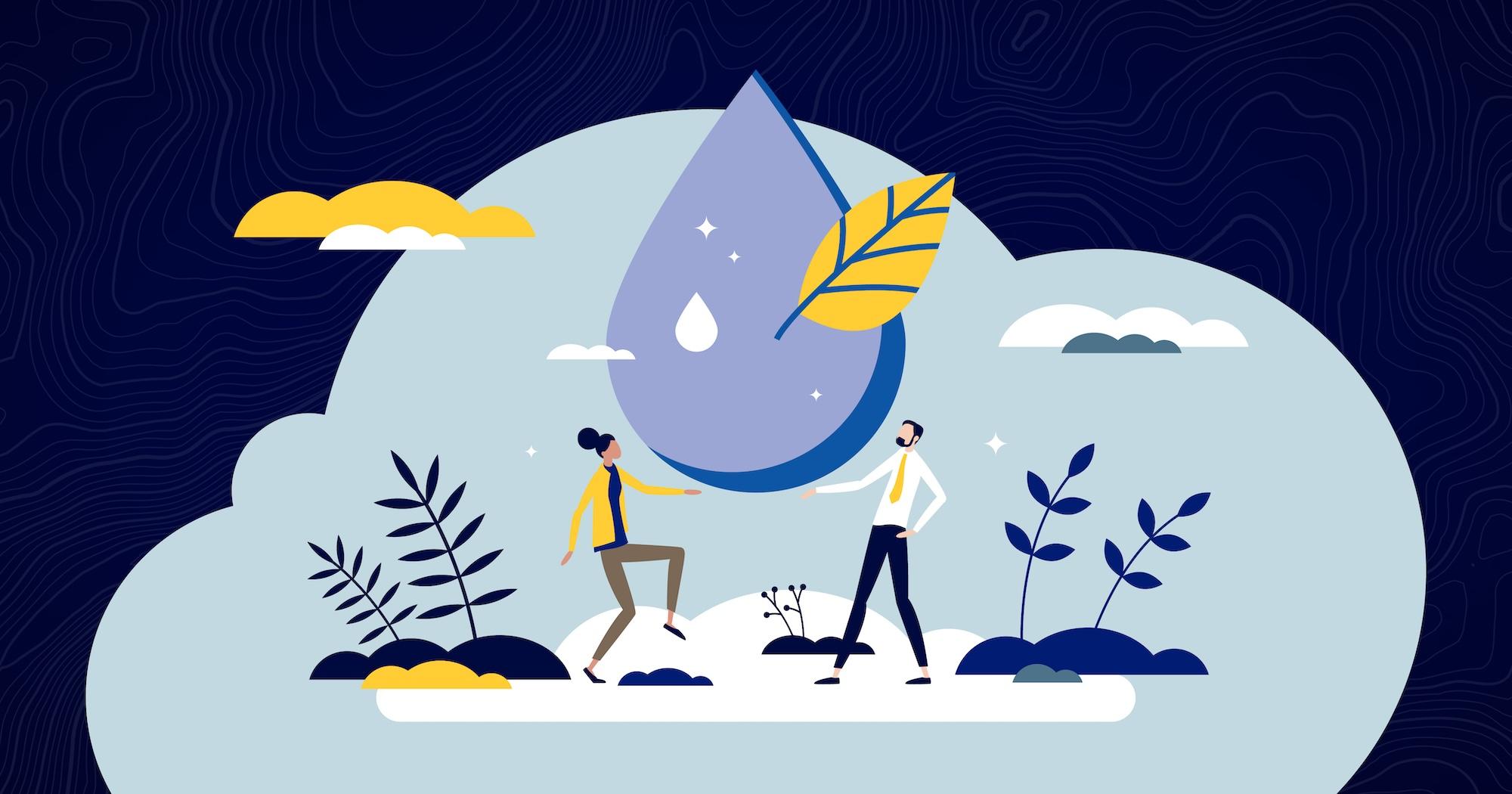Bucs Rebuild Together: Safe Drinking Water

In this episode of Dr. Wykoff's Bare Bones Approach to Better Health, he provides crucial guidance on staying safe during a boil water advisory, emphasizing the importance of using bottled or boiled water for drinking, cooking, and hygiene to avoid serious health risks. He also offers practical tips for filtering and boiling water, while cautioning against unreliable methods for water purification.
This essential information is a must-watch for anyone in affected areas. For more details, visit the Bucs Rebuild Together website.
Video Transcript
Hi, this is Randy Wykoff, the dean of public health at East Tennessee State University, and this is your bare bones approach to better health. Many of you are now under a boil water advisory. This means that you should not drink, wash dishes, brush your teeth, wash your food, wash your hands, or make ice with water from the tap. This is serious. When regional water purification systems stop working, there can be very serious health consequences. The very best thing you can do to get pure water is to drink bottled water or to boil the cleanest water you can find. The CDC recommends getting a rolling boil for 1 minute, while others recommend three minutes. If the water is cloudy or if there are things floating in it, filter it through a clean cloth or coffee filter before boiling. If you believe that there’s fuel or toxic chemicals in the water, boiling will not make it safe. Your only option is bottled water. After boiling, let the water set in a clean and covered container until you’re ready to use it. In this week’s body of evidence, I’ll list other ways to clean water, but bottled water or boiling are by far the best ways. Please be very cautious about listening to folk remedies about getting clean water. I will also include instructions on what to do after a boil water advisory is lifted. Finally, this is a really important time to reach out to family, friends, and loved ones. For more information on this topic, please go to the College of Public Health website. And until next week, please be well.
Since its inception in 1911, East Tennessee State University has been committed to improving the quality of life for the people of the region and beyond. Central to this mission is the belief that people come first. Bucs Rebuild Together, the university’s response to the devastation from Hurricane Helene in the region, reflects ETSU’s continuing commitment to support our communities in times of need. Through collaborative efforts, we are dedicated to helping rebuild, embodying our core values of service, excellence, and compassion. Learn more at etsu.edu/response
Stay in Touch
Follow ETSU on Social
 Banner and Goldlink unavailab...
Banner and Goldlink unavailab...